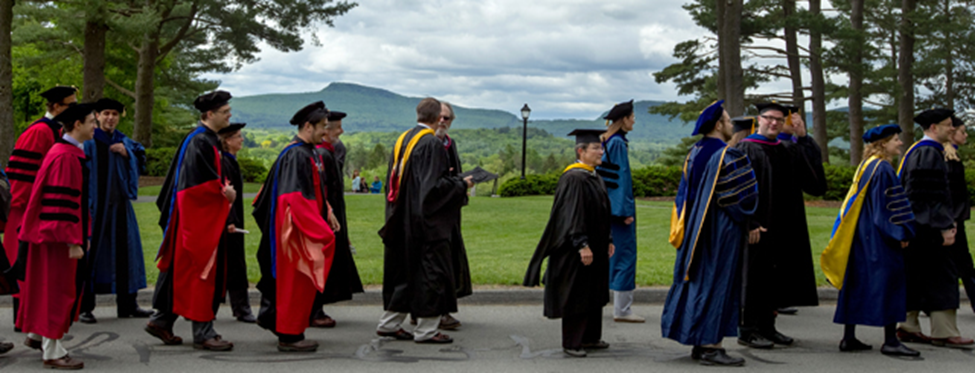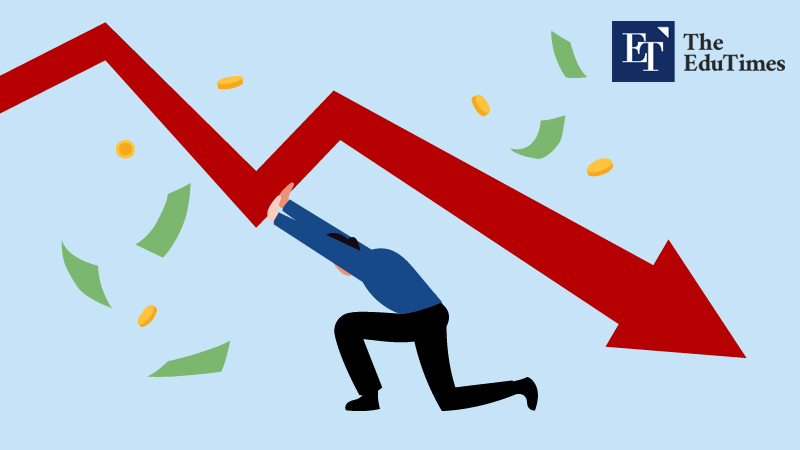
Universities Are Decreasing Their Engagement with X The Emergence of Alternative Platforms Future Strategies for Universities on Social Media Universities Are Decreasing Their Engagemen
Read More
From Knowledge to Action: Why Universities Must Foster Entrepreneurship Building an Entrepreneurial Ecosystem: Resources, Collaboration, and Hands-On Learning The Future of Higher Education: Preparing Visionary Leaders for a Changing World
Read More
AI-Powered Productivity: Transforming Scheduling and Task Management Automation and Efficiency: The Role of AI in Business Operations Data-Driven Decisions: AI’s Impact on Analytics and Business Intelligence Source:
Read More
Challenges in the Realization of Meaningful Diversity The Future: Strategies for Establishing Inclusive Universities Achieving a Balance Between Resistance and Progress Source:
Read More
The Complex Role of Government Funding in Higher Education Challenges to Autonomy and Accountability Amid Public Funding Strategic Vision and Leadership and Future Directions for Balancing Innovation and Independence
Read More
The Global Expansion of Universities Through IBCs The Emergence of International Branch Campuses Challenges Facing IBCs and Strategies for Sustainable Growth Source:
Read More
Reducing the Burden of Essay Grading Concerns and Challenges of AI in Grading Future Prospects of AI in Grading Source:https://openexo.com/insight/unlock-the-power-of-education-with
Read More
Universities, particularly private and for-profit institutions, spend millions on advertising to attract students, justifying it through tuition revenue and increased competition While elite institutions rely on reputation, mid-tier and online schools depend on aggressive marketing to stay competitive The sustainability of high marketing expenditures is debated, as some institutions struggle to balance costs with enrollment revenue Higher education institutions in the Unit
Read More
The political environment is still being shaped by President Donald Trump's administration, his education policies have raised serious questions about the future of academic freedom in the US. With the passage of several executive orders and directives, the academic community is considering the possible effects in the education system, that some see as a direct danger to academic independence.
Read More
High school is probably the most important step before going to college, with 100% of report cards, extracurricular activities, and teacher evaluations directly influencing college admissions. So many parents are extremely concerned with what they can do best for their children. Students can attend public, charter, magnet, virtual, or private schools.
Read More
A bill has been drafted in congress to push universities to divest their endowments from Chinese entities suspected of involvement in human rights violations. As a potential superpower, China has been attempting to extend its global influence with soft and hard power. The country’s attempt to spread its language and culture, as a part of its soft power, in the U.S.
Read More
Earlier last month, Japan’s parliament passed an economic security bill to increase government oversight of science and technologies. Of the four broad areas the law is set to cover, securing and protecting research data and patents on advanced technologies is one of them. The Japanese government primarily introduced the law following its closest ally — the United States — to decouple technologically with China for security purposes.
Read More
With humanity experiencing one of the deadliest pandemics in the modern era, industries have adapted to the change with accelerated digital transformation and remote work, keeping a physical distance from each other. Unfortunately, criminals have also morphed their tactics and schemes to take illegal advantage of people’s good faith and financial interest. Ranging anywhere from financial scams and frauds to government imposters and cybercrime, not only individuals but also businesses have been targets of criminals.
Read More
Starting on May 30, recent graduates of top global universities are allowed to stay in the United Kingdom for a maximum of three years, with a new scheme called a High Potential Individual (HPI) visa. The applicants must have graduated from an eligible university within five years, and once accepted, college graduates will be allowed to stay for two years at most or three years for Ph.D.
Read More
On October 6 of last year, the Department of Education announced temporary changes to the Public Service Loan Forgiveness (PSLF) program as a response to the economic slowdown caused by Covid-19.
Read More
Higher education institutions across the U.S. adopted race-conscious admissions policies to increase diversity for historically disadvantaged minority students in the late 1960s, complying with the government's affirmative action.
Read More
The impact of the pandemic has been devastating to the education sector around the globe. Many governments, including those in Latin America, have introduced educational quarantines to protect students from the virus. Since the beginning of 2020, young students and children have been put away from their schools, teachers, and peers, as a part of the social distancing policies.
Read More
The movement to push for the tuition-free community college in the U.S. was stalled when the Biden administration removed it from the federal Build Back Better bill.
Read More
Covid-19 has exerted catastrophic impact on the world’s economy, consequently decreasing the quality of life across the U.S. While the economic downturn casts ominous shadow over the lives and the future of many college students, it has especially exacerbated the already dwindling livelihood of students with food insecurity. The U.S.
Read More











